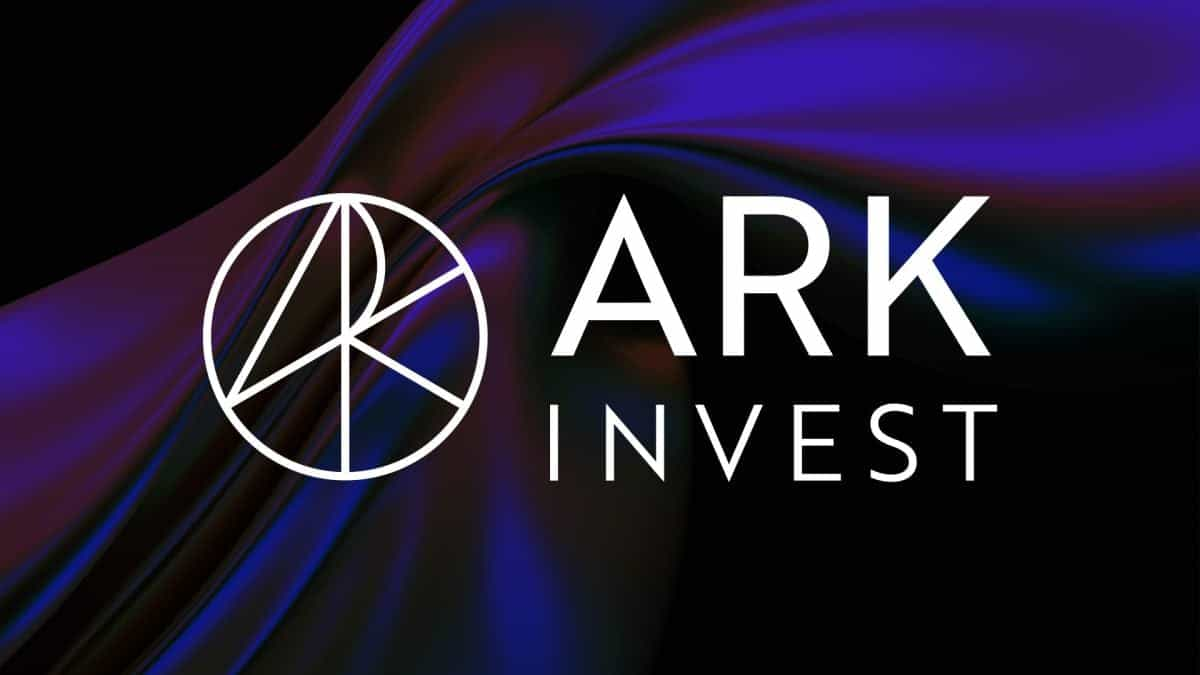Hong Kong lawmaker criticizes 'excessively stringent' crypto licensing rules

Quick Take
- Duncan Chiu, a member of Hong Kong’s Legislative Council, said in an opinion piece that recent license withdrawals of multiple global crypto exchanges have “shaken the confidence of market participants in Hong Kong’s push to develop Web3.”
- Many global exchanges — including OKX, Gate.io and HTX — have withdrawn their VATP license applications in Hong Kong.

A Hong Kong lawmaker has raised concerns over the “excessively stringent” regulations for crypto exchanges to obtain a license, criticizing that these rules have pushed major global exchanges away from entering Hong Kong and have dampened market confidence.
Duncan Chiu, a member of Hong Kong’s Legislative Council, wrote in an opinion piece published Saturday on the Hong Kong Economic Journal that the recent license withdrawals of multiple global crypto exchanges have “shaken the confidence of market participants in Hong Kong's push to develop Web3.”
The Securities and Futures Commission stipulates that crypto trading platforms that fail to submit their license applications by Feb. 29 must close down their businesses in Hong Kong by May 31. The regulator said that after June 1, all VATPs operating in Hong Kong must be either licensed by the SFC, or “deemed-to-be-licensed” applicants.
“VATP applicants which are not deemed-to-be-licensed should not commence their business activities in Hong Kong, or actively market their services to Hong Kong investors,” the SFC said on its website.
Many global exchanges — including OKX, Gate.io and HTX — have thus withdrawn their license applications in Hong Kong.
Chiu said the license application withdrawals reflected major drawbacks in the current licensing system. “Firstly, several policies related to the development of Hong Kong's virtual asset market (such as VATP, stablecoin issuance, and virtual asset over-the-counter trading) are designed by different departments, lacking a comprehensive strategic consideration for industry development,” he explained.
The lawmaker added that some license applicants had told him that the authorities lack a forward-looking vision for developing next-generation fintech and that promoting Web3 with a traditional finance mindset lacks flexibility.
The SFC requires operators to meet standards similar to those for traditional financial institutions, which appear “excessively stringent” when applied to Web3 finance, according to Chiu.
Chiu also pointed out that some crypto industry insiders had expressed concerns that the authorities require the management of licensed operators to have many years of experience in the crypto industry, while the regulators often lack personnel with practical experience in operating Web3 businesses. “The two sides have vastly different technical backgrounds, market experiences and innovative spirits, making communication difficult,” Chiu wrote.
Disclaimer: The Block is an independent media outlet that delivers news, research, and data. As of November 2023, Foresight Ventures is a majority investor of The Block. Foresight Ventures invests in other companies in the crypto space. Crypto exchange Bitget is an anchor LP for Foresight Ventures. The Block continues to operate independently to deliver objective, impactful, and timely information about the crypto industry. Here are our current financial disclosures.
© 2025 The Block. All Rights Reserved. This article is provided for informational purposes only. It is not offered or intended to be used as legal, tax, investment, financial, or other advice.







